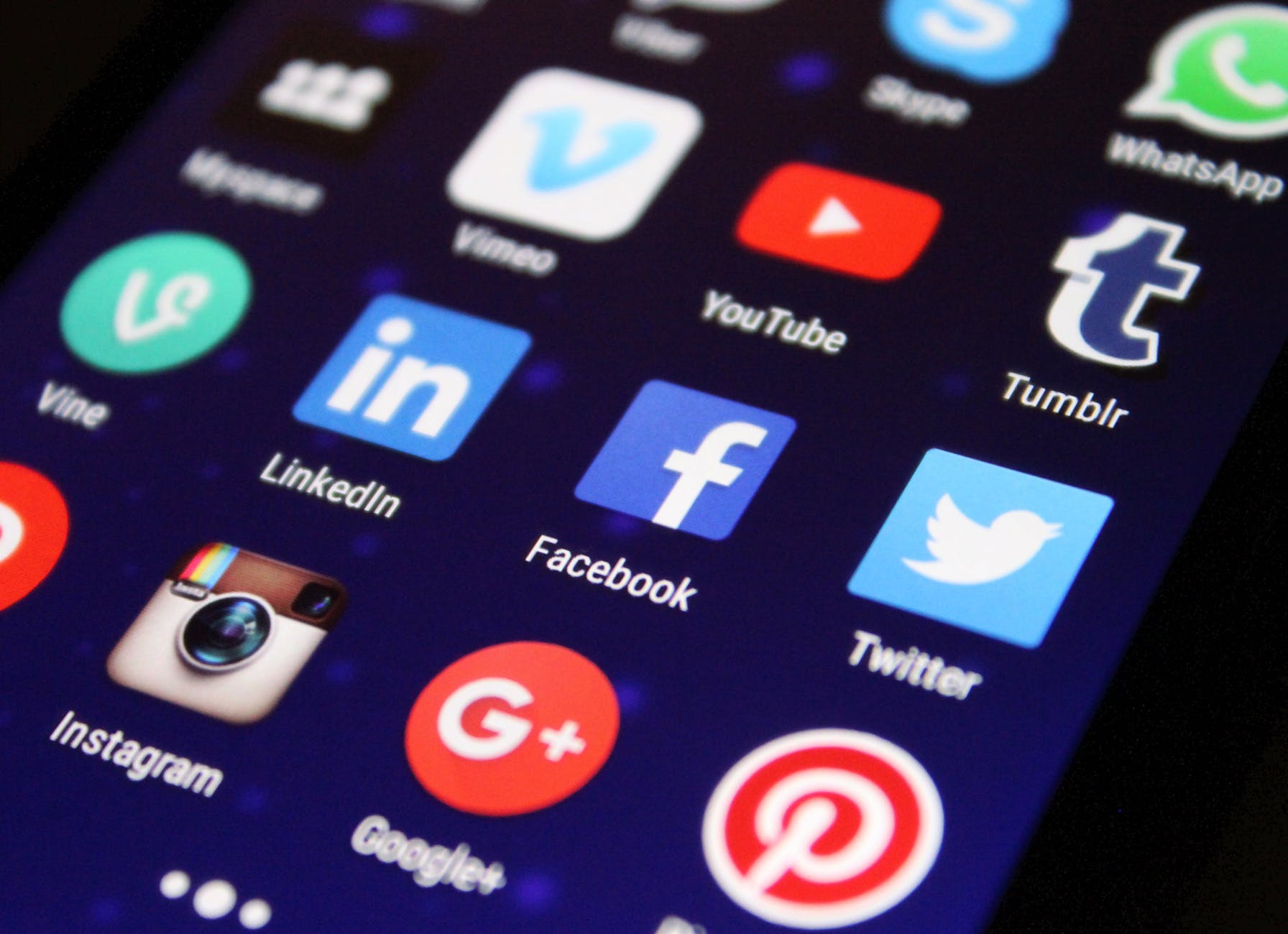
By Joanne Mumford
On Friday 8th November, 2019, the University of Birmingham hosted a 3-cohort day for trainees on the initial training course for educational psychologists. The focus was on social media and how it is used by children and young people with whom we work. It concluded with a discussion around how educational psychologists can support schools, families and children and young people themselves to use the internet, and particularly social media, in a safe and effective way.
Dr Anna Lavis began the day talking about her research, which explored the use of social media for young people experiencing episodes of self-harm. The relationship between online self-harm and social media is highly contested, with little known about why those who self-harm might use social media, what they post online and why? There are also differences between different social media platforms that are used in different ways.
To try and find out more about this, Anna explored the views of young people who currently, or previously, had used self-harm as a coping strategy, and the ways in which the use of a social media platform linked to this. She found that a key theme of the use of social media for those who self-harmed was how it was used for peer support. Users offered hope and companionship to others at times when they felt alone and isolated. Anna suggested that we need to find ways to create an environment where young people do not feel shamed, defeated or punished for self-harming. We need to be able to have open and non-judgemental conversations, where self-harm is recognised as a coping strategy for deeper difficulties, which need additional exploration and support.
Next, we were joined by Rebecca Tigue, Deputy Principal of the University of Birmingham School, who talked about the positive and negative impact of social media within secondary school settings. She gave an overview of how the University of Birmingham school curriculum seeks to develop responsible cyber-citizenship. Rebecca highlighted the risks of social media, including cyber-bullying, ‘screen time’, immediacy and constant connection associated with online communication, social media ‘friendships’, and the impacts of social media on sleep, amongst others.
Rebecca told us that work with their pupils also highlighted the benefits which young people gained from the internet and social media, including advice gained online, inspirational talks, homework and group chats, the ability to stay socially connected and access to resources online. As social media is an integral part of most young people’s lives, and it is for us, as professionals, to look at how we can support and encourage this in a ‘healthy’ way.
In the afternoon, Zoe Capper, a trainee educational psychologist at the University of Birmingham, described some research she has completed as part of her placement. Zoe collected the experiences of children and young people in order to develop training for school staff on social media and mental health. Zoe found that young people demonstrated an awareness of how to stay safe online, such as the dangers of talking to strangers online and keeping profiles and personal information private. The young people also highlighted their desire to be able to talk to school staff, parents and supportive adults about things that have happened online, without being dismissed, shamed, or judged for their use of social media.
This led to some lively discussions between the trainee educational psychologists about our own work. Although training is something that we are well equipped to deliver, we felt that the young people with whom we work are the experts in the field of social media. It therefore seems sensible to utilise their experiences when talking about social media, placing their voice at the centre of what we do in terms of looking at social media use. We can use this knowledge to support schools and families to promote the use of social media in a positive way, whilst being aware of the dangers associated with this and how to manage them. Whether we like it or not, social media is embedded in the lives of our young people; many of them will have not experienced a life without it and we need to take this into account in our work with young people.
Jo is a trainee educational psychologist currently in Year 2 of the initial training course for educational psychologists at the University of Birmingham.
Further guidance for schools on the impact of social media on health and well-being from researchers at the University of Birmingham can be found here. And details of a MOOC (Massive Open Online Course) on Optimising Social Media for Youth Health and Wellbeing can be found here.
